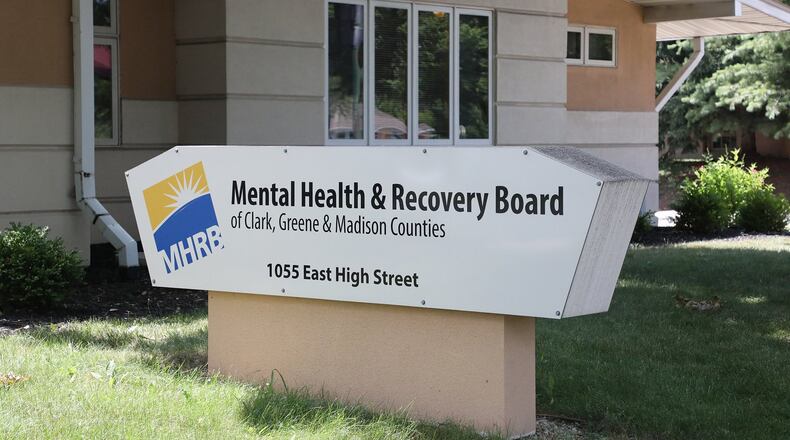The campaign seeks to prevent suicide by encouraging people to reach out to loved ones, have open conversations about mental health and to learn more about suicide risk factors and prevention methods.
“Contrary to popular belief, talking about suicide in direct terms does not encourage or inspire a person to kill themself. A person who is suicidal often shows signs of distress and is likely already considering suicide before the word itself comes up in conversation,” CEO of MHRB Greta Mayer said. “Just asking a simple, direct question to loved ones, ’Are you thinking about killing yourself?’, can be enough to interfere with their tunnel vision, acknowledge their emotional pain and introduce them to an alternative way of coping.”
Last November, the Ohio Department of Health released a report indicating a 45% increase in Ohio’s suicide rate between 2007 and 2018. Between the same time period, suicide deaths among those ages 10-24 increased by 56%.
According to the Centers for Disease Control and Prevention, between 1999 and 2018, the national suicide rate increase by 35%, from 10.5 people per 100,000 to 14.2.
In Ohio in 2018, the suicide rate was 15.2 per 100,000 people, exceeding the national average and accounting for 1,836 suicides, according to ODH.
Mayer cautioned that the number of deaths likely is an underestimate and does not fully describe the scope of the suicide crisis.
“Suicide is a silent killer in the United States. Although it’s the second leading cause of death for people ages 18 to 34, Americans are still not comfortable talking openly about suicide,” Mayer said. “The way COVID-19 has changed out lifestyles is exacerbating stress factors and disrupting our normal coping mechanisms. These are worrying signs that suicide may be another epidemic we will face in the future unless we take action now.”
As a part of the campaign, a free toolkit is available on the MHRB’s website (mhrb.org). Included in the toolkit are social media graphics and sample posts with the champaign’s hashtag, a guide to statewide and local suicide loss and prevention resources and links to national suicide prevention toolkits.
Anyone experiencing a crisis can receive immediate help by calling the National Suicide Prevention Lifeline at 1-800-273-8255 or through the Crisis Text Line by texting 4HOPE to 741-741. In the event of an emergency, call 911.
About the Author

